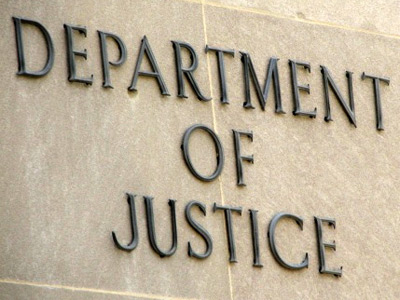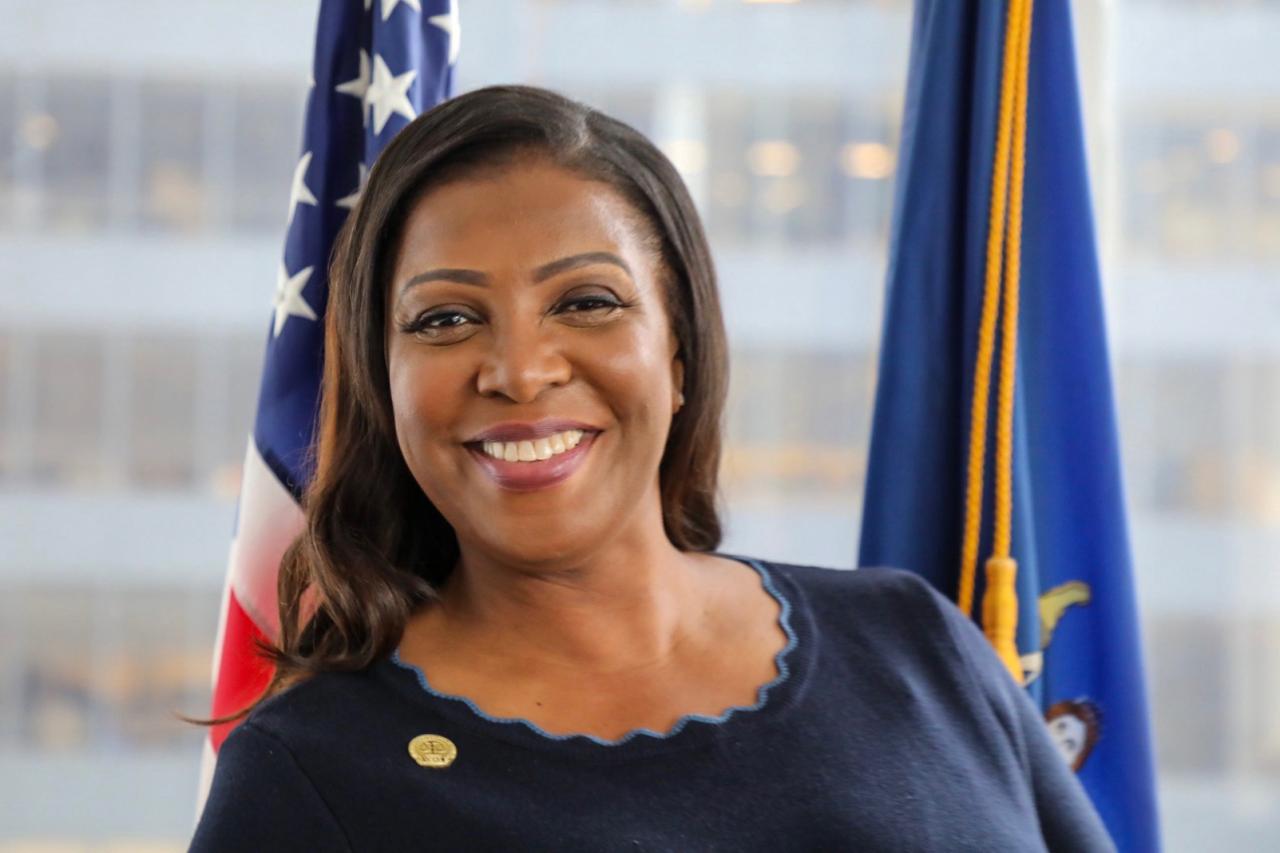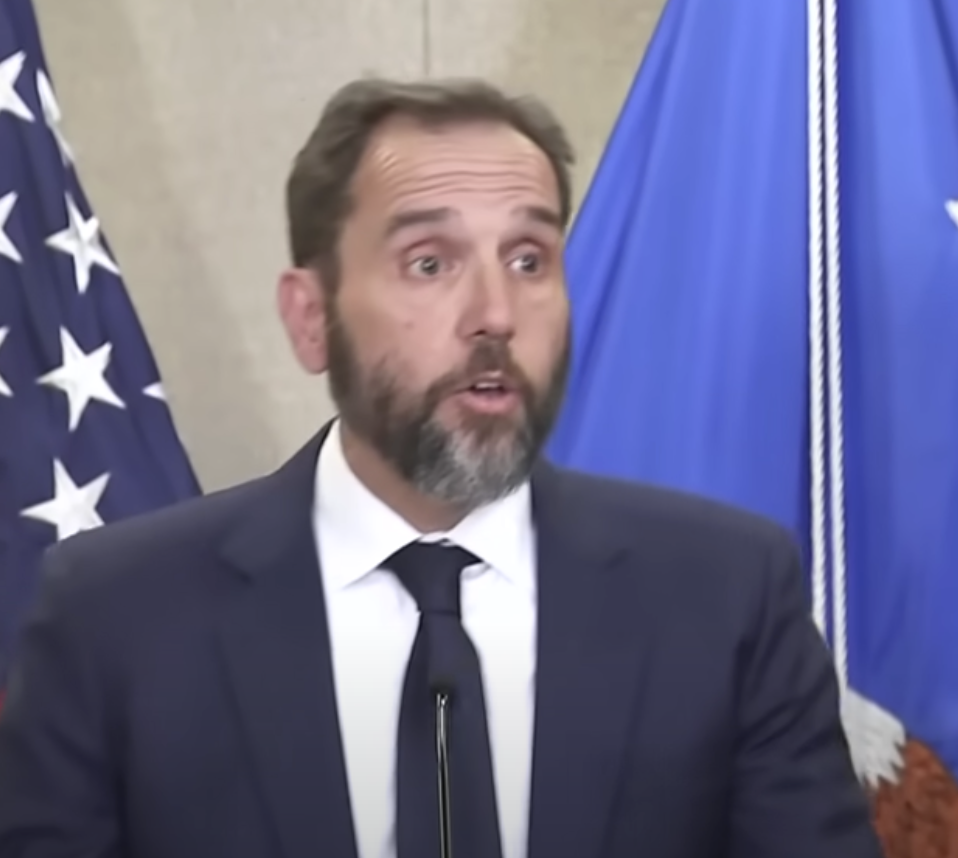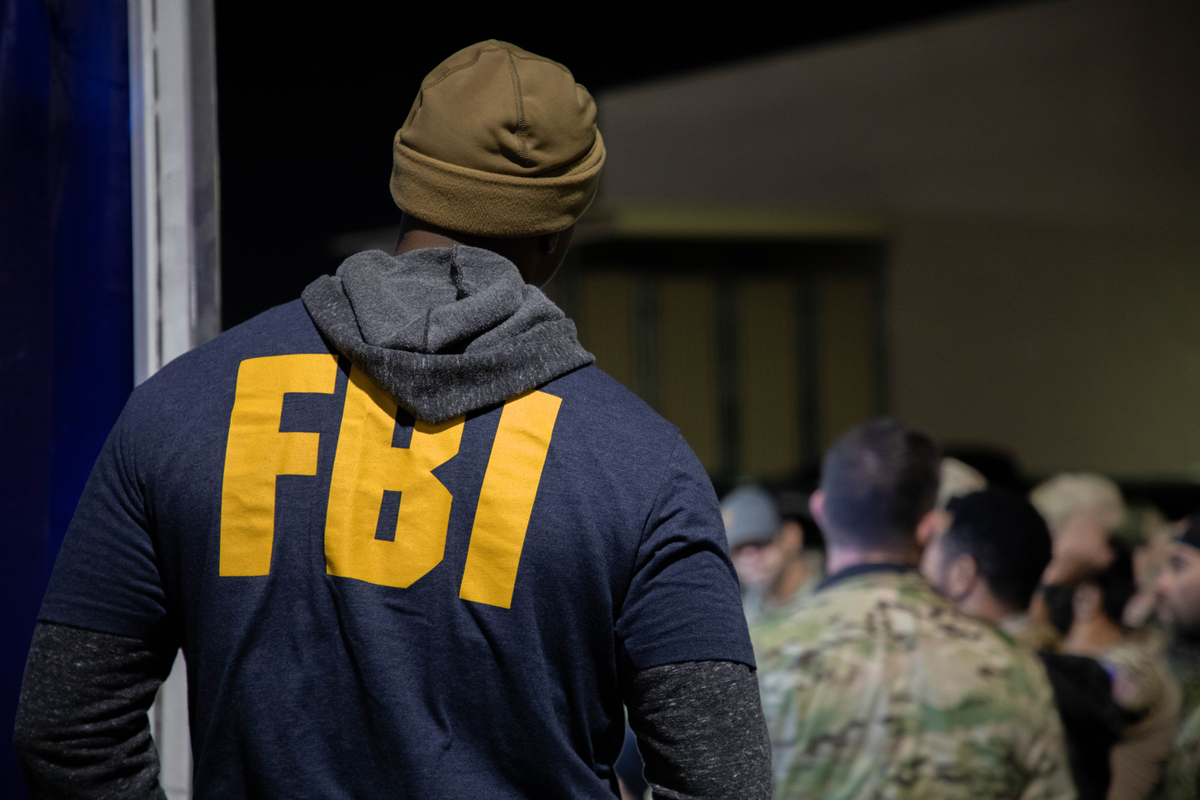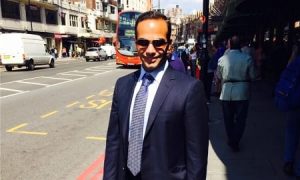
By Steve Neavling
ticklethewire.com
A young, tipsy and boastful adviser to the Trump campaign was the improbable spark that ignited the widening federal probe of allegations that the president and his campaign team may have conspired with Russia to steal the November 2016 election from Hillary Clinton.
It began in an upscale London bar in May 2016, when George Papadopoulos, a 28-year-old political newcomer and foreign policy adviser to the Trump campaign, bragged to a top Australian diplomat that Russia had political “dirt” on Hillary Clinton in the form of “thousands of emails,” according to a new bombshell New York Times story.
The report reveals that Russia’s campaign to undermine the presidential election was far more aggressive than previously known – and that some high-ranking members of Trump’s campaign were complicit in a foreign adversary’s brazen attack on American democracy.
The bold, reckless disclosure by Papadopoulos came two months before the public found out about about embarrassing, politically damaging emails that had been illegally hacked from the Democratic National Committee.
So when Wikileaks dumped nearly 20,000 emails online in July, Australian officials tipped off their American counterparts about the meeting with Papadopoulos, an energy consultant whose only political experience was a two-month stint working on the presidential campaign of Ben Carson.
The prospect that Russia was hacking the campaign of a presidential candidate and the discovery that a member of Trump’s campaign appeared to have inside information and secret channels with the Kremlin prompted the FBI to launch a closely guarded investigation into possible collusion between the Trump campaign and the Kremlin.
Despite repeated claims by Trump and his conservative allies, the federal investigation was not set off by the salacious, disputed dossier compiled by former British spy Christopher Steele. Instead, the probe was triggered by valuable information shared by one of American’s closest intelligence agencies.
Now Papadopoulos is cooperating with the special counsel team after pleading guilty in October to lying to the FBI about the secret meeting with Mifsud.
Trump and his allies have sought to diminish Papadopoulos’ role in the campaign, suggesting he was a low-level campaign volunteer or a “coffee boy.”
Interviews and documents obtained by the New York Times reveal that Papadopoulos, in fact, was an influential member of the campaign who “played a critical role in this drama” and helped “reveal a Russian operation that was more aggressive and widespread than previously known.”
The first indication that the Trump administration was aware of Clinton’s emails came in April 2016, when Papadopoulos met at a London bar with Joseph Mifsurd, a Maltese professor with powerful Moscow contacts who include the Russian Ministry of Foreign Affairs. During the meeting, Mifsud informed Papadopoulos that the Kremlin had “dirt” on Clinton in the form of “thousands of emails.
What’s unclear is how many people in the Trump campaign knew about the “dirt.”
About two months after the Mifsud meeting, Trump urged Russia to hack Clinton’s emails during a news conference in Florida. Just weeks later, just after Trump won the Republican nomination in July 2016, top FBI officials warned both presidential candidates that Russia likely would try to infiltrate their campaigns. Top FBI officials requested that both candidates notify the bureau of any suspected hacking, but Trump’s campaign never came forward with information.
In May 2016, then-CIA Director John Brennan alerted Congress that intelligence officials were increasingly worried about connections between the Trump campaign and Russian officials. In the meantime, the FBI was quietly debating how to approach the allegations without tipping off Trump officials or creating the appearance that President Obama’s administration was meddling in the election.
That Papadopoulos, a 20-something political newcomer with virtually no knowledge of Russian issues, could become the impetus of an investigation involving the sitting president and a former Cold War adversary is nothing short of astonishing. Then again, nothing about Trump’s campaign has been conventional or without drama.
In early 2016, Trump’s roller-roaster campaign, desperate to build a foreign policy team, sought out Papadopoulos, who was ambitious and quickly took a leading role in trying to improve relations with Russia and arrange a meeting between Trump and President Vladimir Putin. At one point, Trump turned to the head of his campaign’s foreign policy team, then-Sen. Jeff Sessions, for advice on a Putin meeting.
Sessions, who is now Trump’s attorney general, failed to disclose the discussion during a Congressional committee hearing earlier this year, saying he had forgotten about it. But Sessions eventually said he advised against a Trump-Putin meeting, at least partly because he believed Papadopoulos was in over his head and could hurt the campaign.
Whatever the case, Papadopoulos continued to create ties with Russia, setting up meetings with Moscow officials and keeping top campaign officials in the loop.
After the Times story was posted, Trump tweeted:
I use Social Media not because I like to, but because it is the only way to fight a VERY dishonest and unfair “press,” now often referred to as Fake News Media. Phony and non-existent “sources” are being used more often than ever. Many stories & reports a pure fiction!
— Donald J. Trump (@realDonaldTrump) December 30, 2017


